If businessmen frame their business agenda and budgets blueprints taking into account the current economic context, representatives of political parties have drew up the government plans before economic crisis unleashed, without any 3-6 months forecasts.
“Objectives of Social Democratic Party for a possible administration were drawn long before global crisis started”, said PSD deputy, Viorel Hrebenciuc at “Romania’s business agenda for the coming four years” roundtable organized by Ziarul Financiar newspaper.
PSD’s vicepresident, Constantin Nita said PSD is taking into consideration all economic growth scenarios ranging between 0% and 5%, in case of administration by PSD.
He added that scenarios taken into account for the future must also consider the pessimistic version of a null economic growth next year, while PSD’s optimistic version forecasts a relapse of economic growth pace to 5-6%.
Doru Lionachescu, managing partner at Capital Partners said that politicians’ speeches and programs don’t meet the reality in the global context, and that it is absolutely necessary to take into account financial crisis and the outcome of recent presidential elections in United States.
Theodor Stolojan, first vice president of PDL said PDL takes into consideration multiple variants of economic growth ranging from 7% to 4%.
He also added that the government plan of PDL is weighing on several scenarios on Romania’s economic growth. According to Stolojan, the optimistic variant indicates a 7% economic growth and the pessimistic one 4%.
UDMR’s deputy, Petru Lakatos said the most realistic scenario is an economic growth below 5%, saving and effective use of public funds being the only loopholes of the financial crisis.
Minister of Economy and Finance, Varujan Vosganian outlined that companies are facing liquidity shortages and tax payment default to state budget, as the banks have reduced their credit lines which geared 1.5 billion lei losses in the budget. “We have problems in tax collection, as the banks reduced their funding line,” said Vosganian.
President and CEO of Raiffeisen Bank, Steven van Groningen said the banks are more prudent in lending.
As for the reduction of funds from parent-banks to Romanian-based subsidiaries, van Groningen said this situation will be an indirect effect of setback of lending in foreign currency.
In the context of new lending regulations enforced by National Bank of Romania (BNR) and of global financial crisis that determined parent-banks to be more moderate in lending, van Groningen said the slowdown of growth pace of lending is a positive factor.
Citeste si:
Calculator Salariu: Afl─â c├ó╚Ťi bani prime╚Öti ├«n m├ón─â ├«n func╚Ťie de salariul brut ┬╗
Te-ar putea interesa și:


















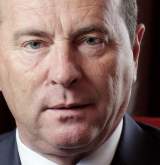





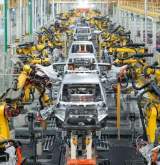








































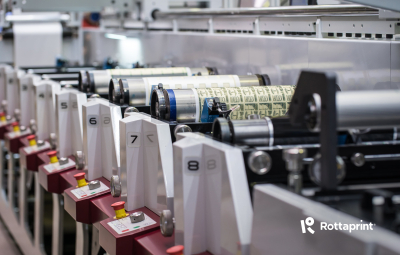
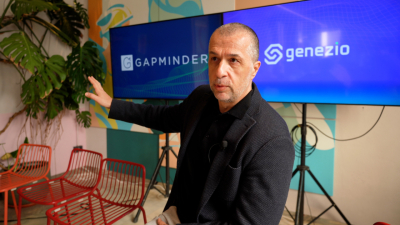





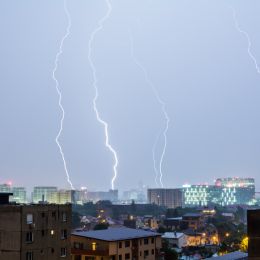
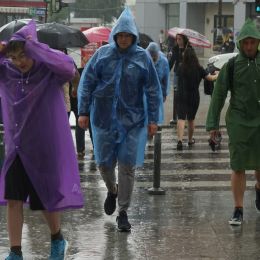
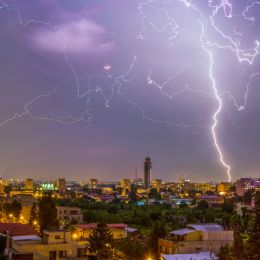








![HR [PLAY] Tech Workout - 11...](https://www.wall-street.ro/image_thumbs/thumbs/973/973fe0a3888d417feff63de42e814180-260x260-00-65.jpg?v=1713406656)









